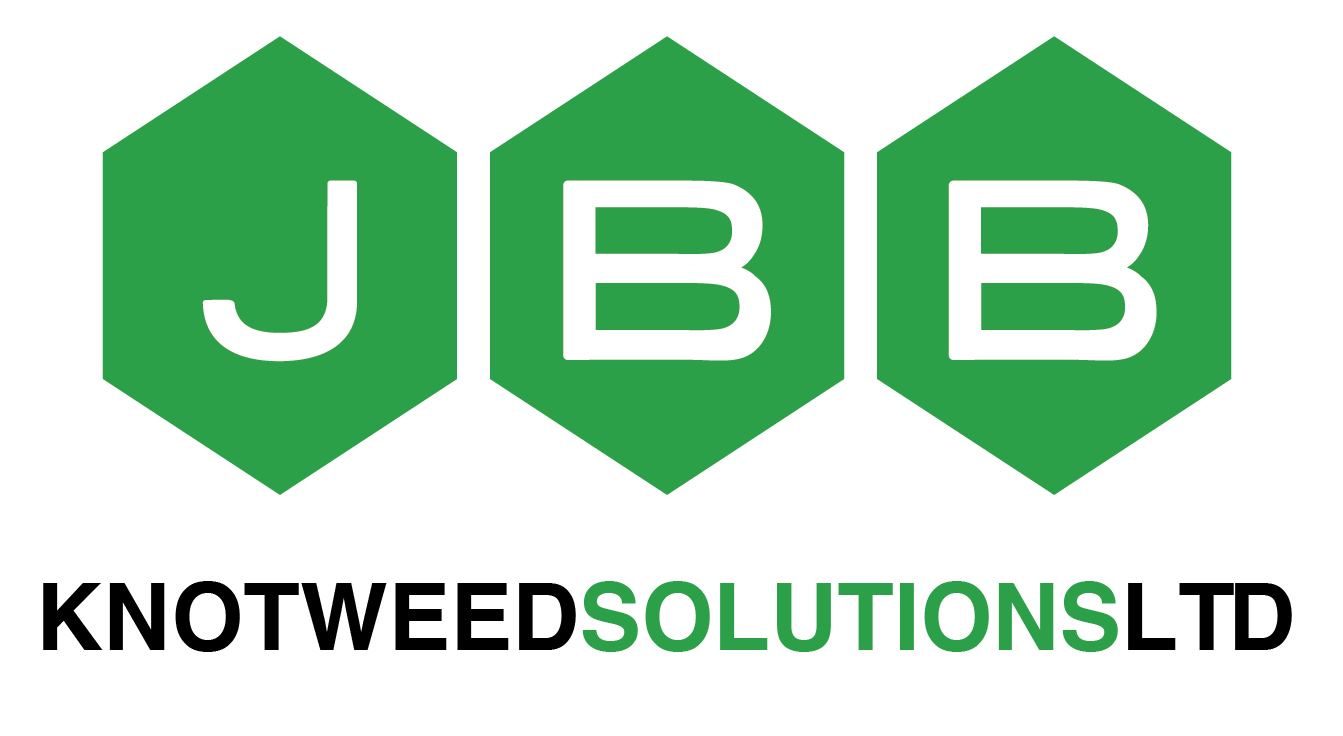How the Weather Impacts Japanese Knotweed and Invasive Weed Control
03/10/2025
Scotland’s weather is famously unpredictable. One day may bring sunshine, the next heavy rain or high winds. For most people this is an inconvenience, but for invasive weed specialists like JBB Knotweed Solutions Ltd, the weather directly affects how and when we can treat Japanese Knotweed and other invasive plants.
We know customers would prefer a fixed schedule for visits. However, the reality is that treatments must be adapted around rainfall, wind, soil conditions and even seasonal changes. Our priority is always to ensure treatments are effective, excavation work is safe, and our team is protected.
Herbicide treatments – why rain and wind matter
When using herbicide sprays, our optimal conditions are dry and calm.
Rainfall is one of the biggest challenges. If it arrives too soon after application, the chemical can wash off the leaves before being absorbed. This can reduce the impact of the treatment and may mean a return visit is required.
Wind presents another difficulty. Strong gusts can carry spray away from the target plant and onto surrounding vegetation. This not only wastes chemical but can also damage other plants on site. For these reasons, we only apply herbicide spray when the forecast shows a suitable window of settled weather.
Importantly, the timing of herbicide treatments is also seasonal.
For example, in late summer and early autumn, Japanese Knotweed is drawing energy down into its rhizome system. Applying herbicide during this period is the most effective way to weaken the plant underground.
Choosing the right weather window at the right stage of growth is vital for long-term success.
Excavation work – ground conditions are key
Mechanical excavation is often required where construction or landscaping is planned. This process can involve using large machinery to remove infested soil and identify rhizomes. Ground conditions play a significant role in determining the success of this work.
In wet weather, soil quickly becomes claggy and sticky. Heavy mud makes excavation slower and less precise, and it becomes harder for operatives to check that every rhizome has been removed. In extreme cases, machinery may not be able to operate safely at all.
Because of this, our team assesses ground conditions carefully before beginning excavation. If conditions are not suitable, we may reschedule the work to ensure the job is completed to a high standard. This avoids wasted effort and prevents the risk of regrowth due to missed rhizomes.
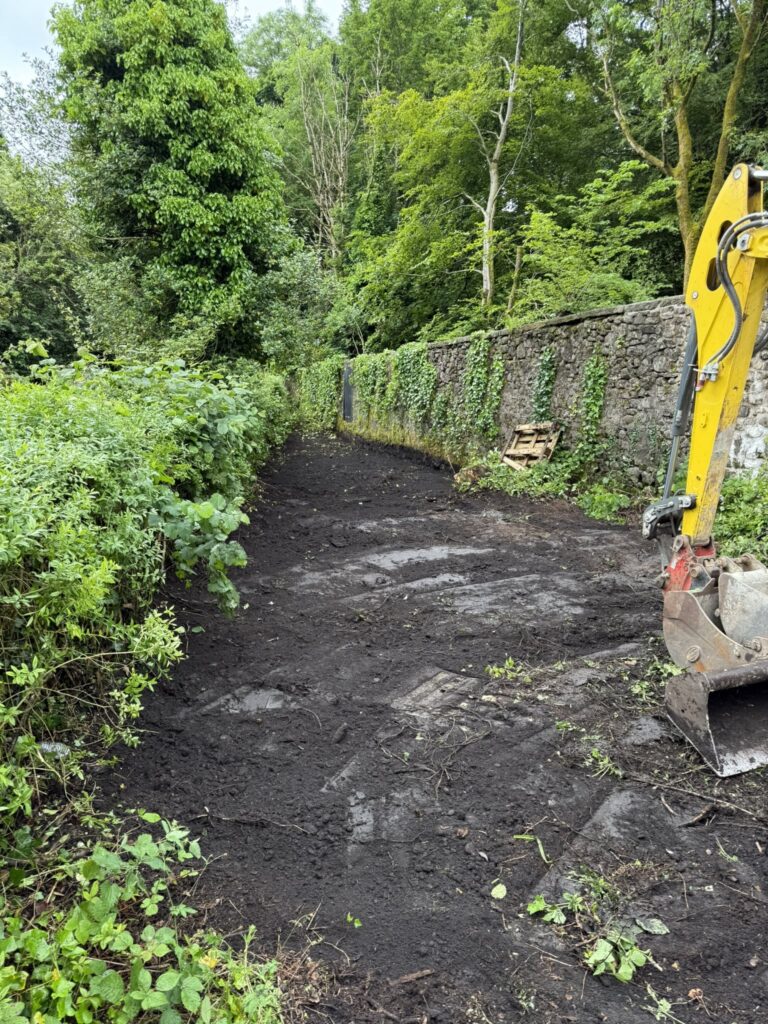
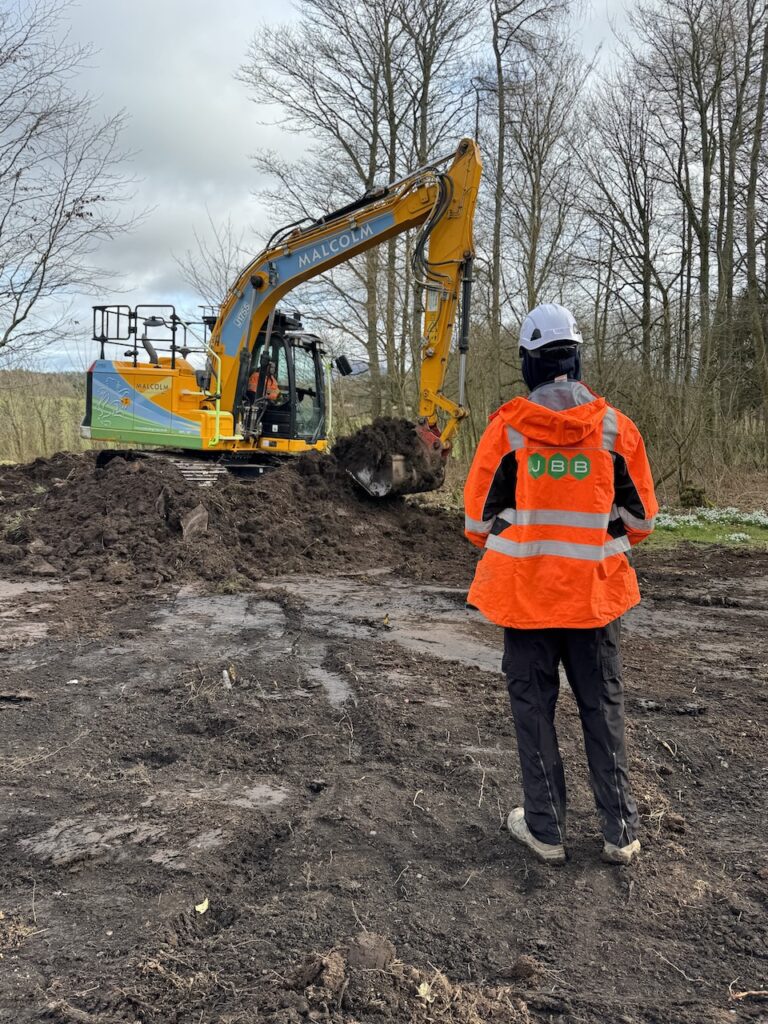
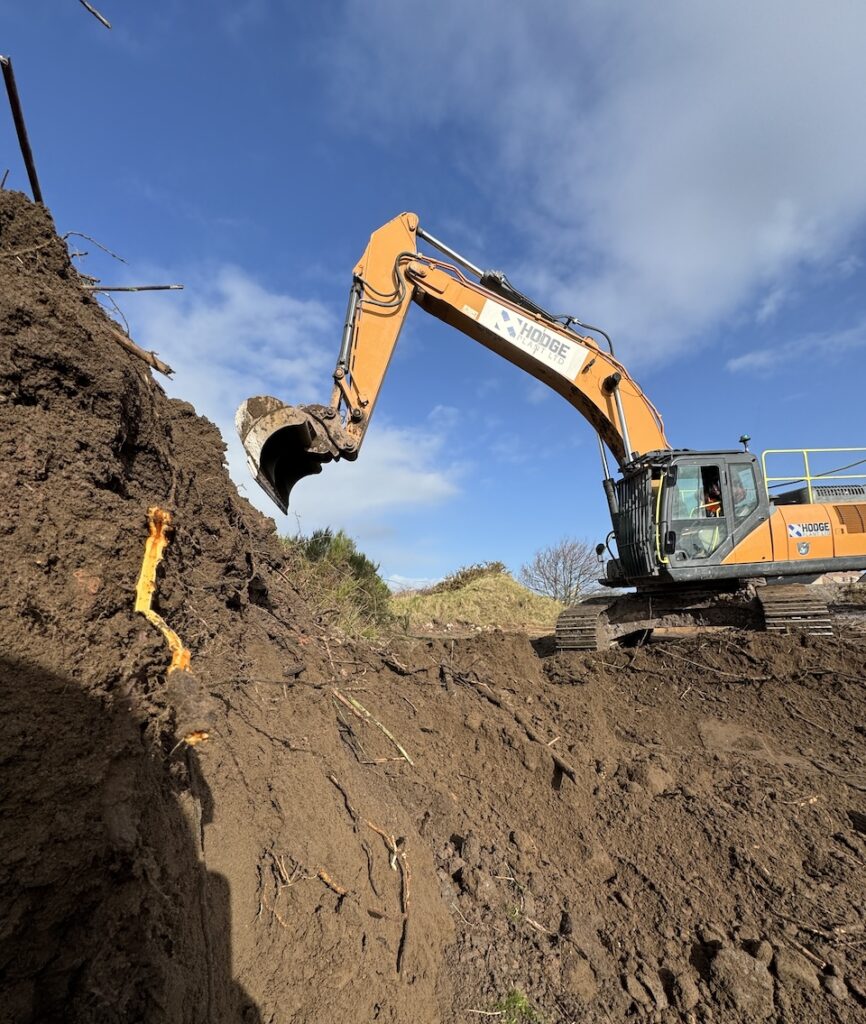
Seasonal variations – why timing matters
Weather patterns also change how and when we work throughout the year.
Spring: Japanese Knotweed begins to shoot, and early monitoring visits are carried out. Herbicide is less effective at this stage on Japanese Knotweed, but can be appropriate for other invasive weeds such as Himalayan Balsam.
Summer: Growth is rapid, and herbicide sprays can be used when the weather allows.
Autumn: Early autumn is a very effective time for herbicide application, but often the most difficult time to find dry, settled days in Scotland.
Winter: Excavation can continue if ground conditions allow, but frozen or waterlogged soil may cause delays.
This seasonal approach means our customers get the best possible outcome, but it also explains why flexibility is often required.
Duty of care and safety planning
Weather does not only affect the plants and soil – it also impacts our people.
Our operatives travel across Scotland, often covering significant distances to reach sites. Heavy rain, icy roads or strong winds can make travel hazardous. On site, high winds may affect machinery safety or make spraying unsafe.
We have a duty of care to our team and to our customers. Safety always comes first. While this may mean occasional rescheduling, it ensures our operatives remain protected and our work is carried out responsibly.
Communication with customers
We understand that rescheduling can be frustrating, particularly when you are eager to see progress on site. However, the Scottish climate requires us to review forecasts on a weekly, and often daily, basis. This flexibility allows us to adapt quickly and deliver treatments at the right time.
Our office team provides updates by phone and email, and we confirm visits once we are confident that conditions are suitable. This means we cannot always give long advance notice, but it ensures that when we do visit, the work is both safe and effective.
More From JBB Knotweed Solutions
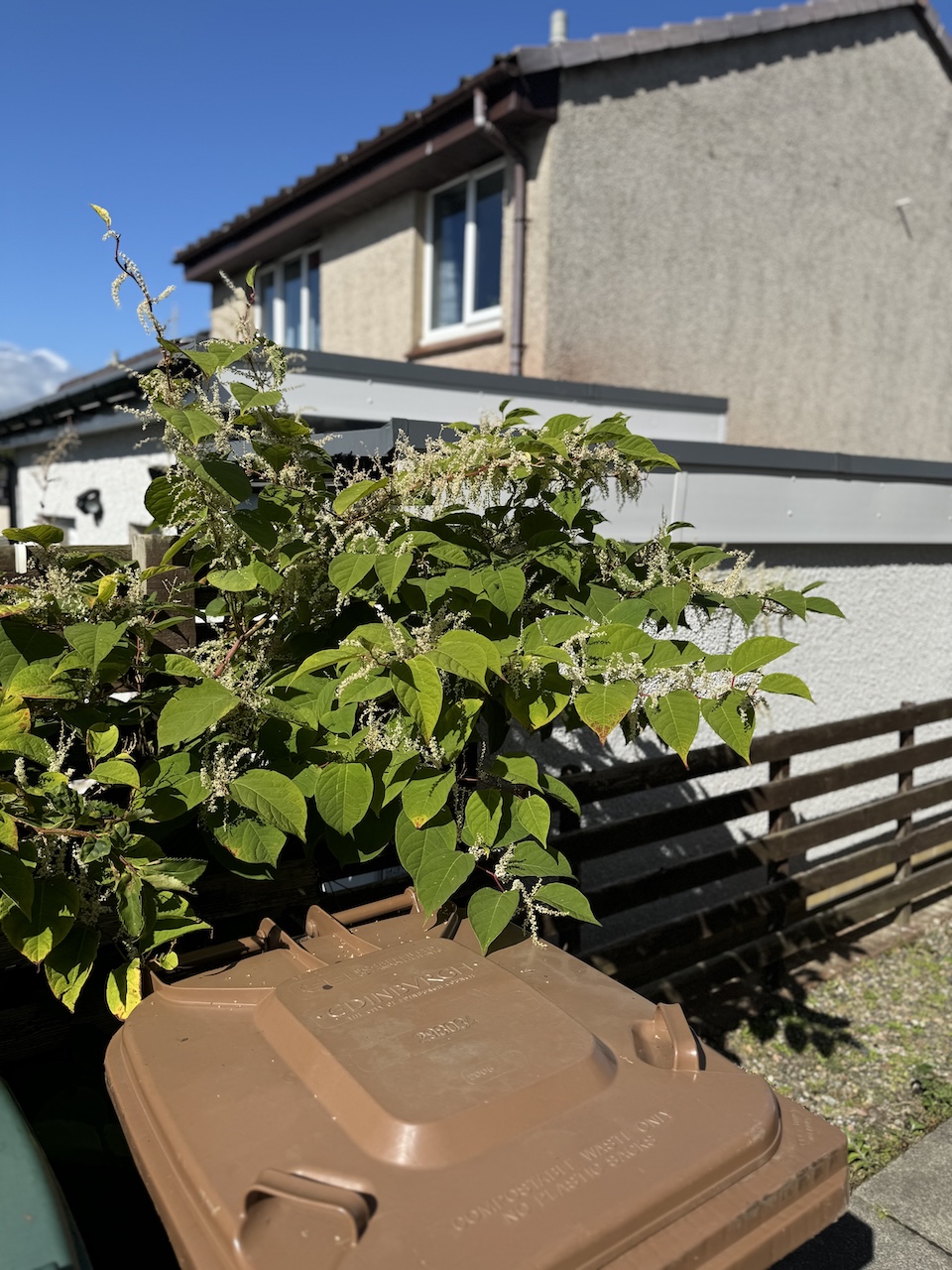
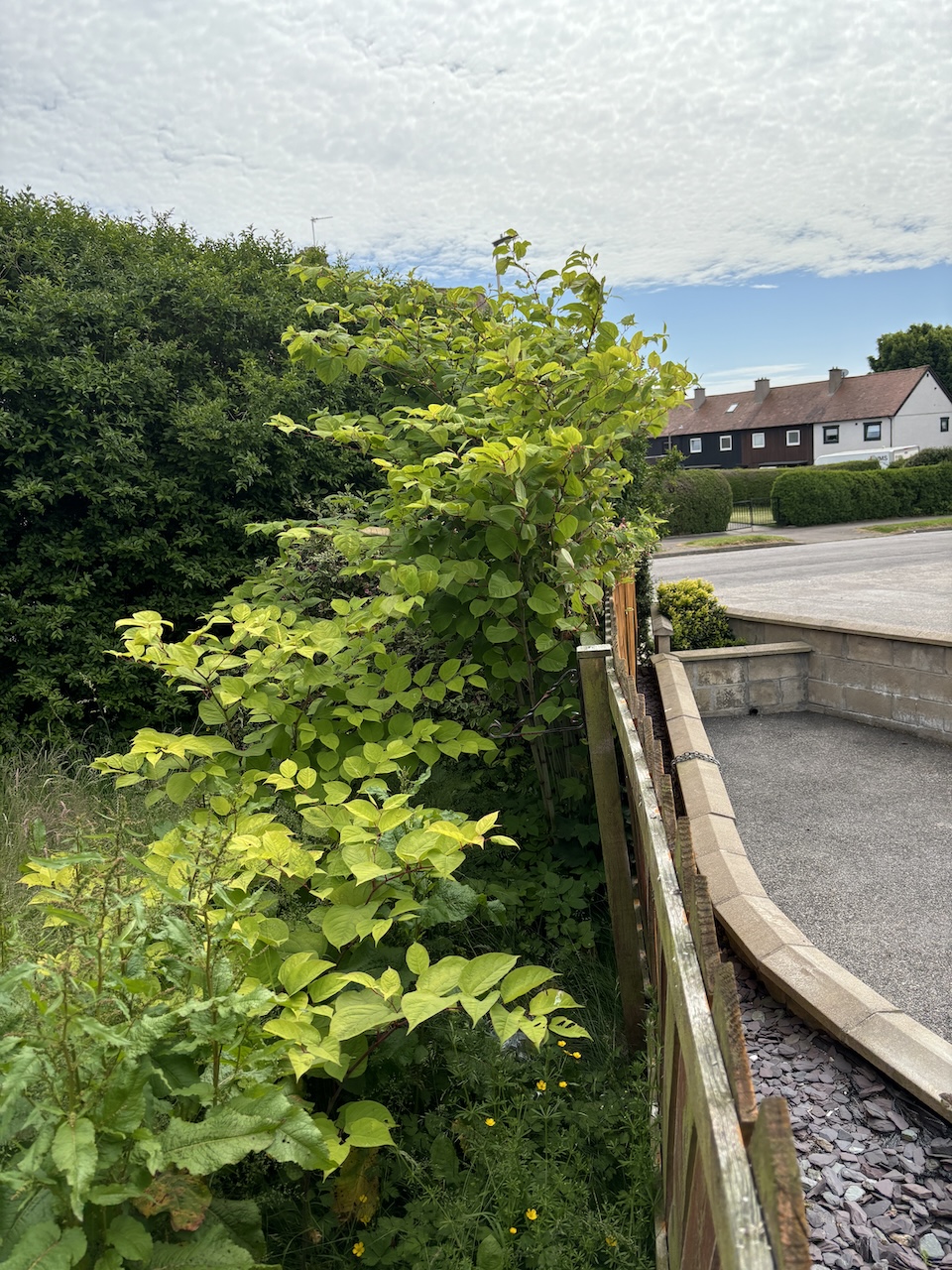
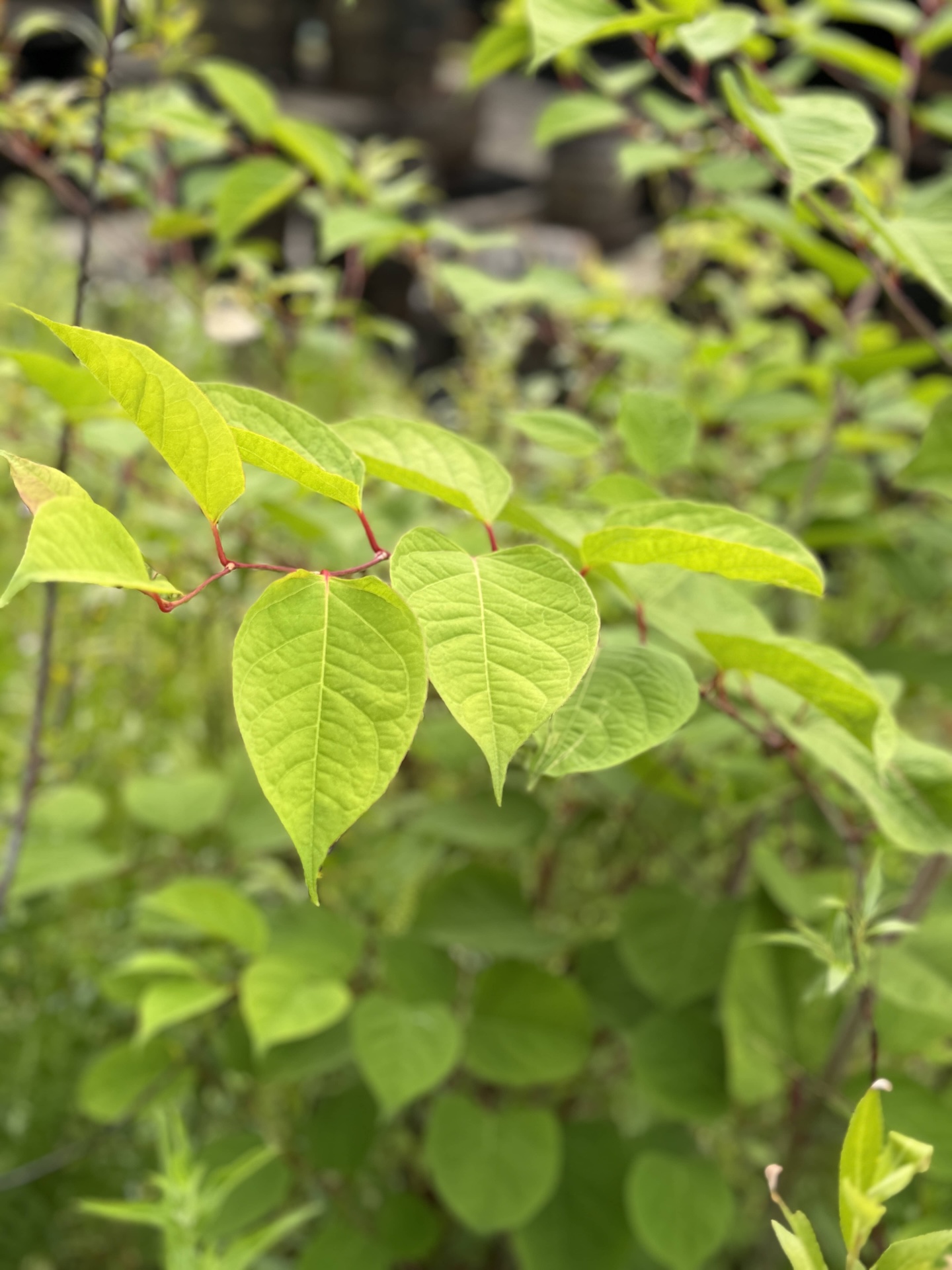
Get the latest advice, solutions, and insights to protect your property from invasive Japanese Knotweed.
Book a Survey
We can confirm if you have Japanese Knotweed on your property and recommend the best course of action.
